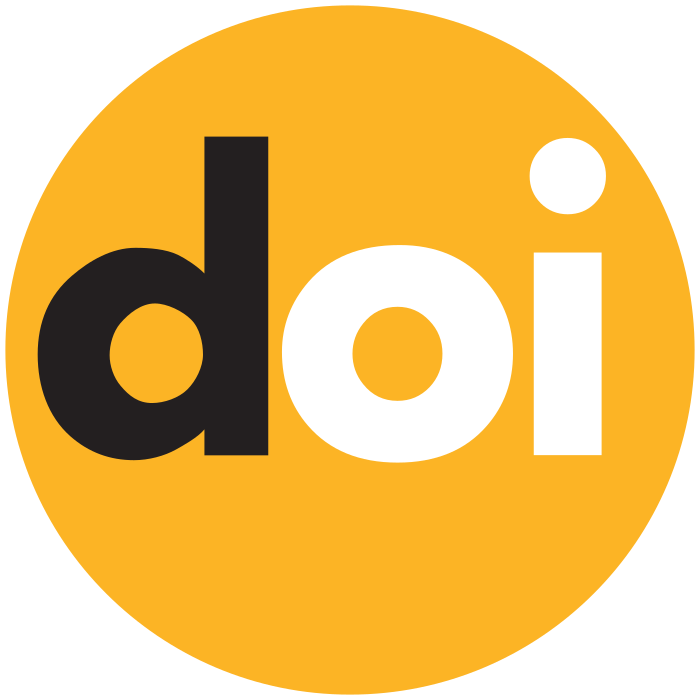Googlen könnt ihr. Für die systematische Suchen sind #Datenbanken dann die nächste Challenge. #WebofScience und #scopus sind hierfür wichtige Angebote von Verlagen, die wir für euch finanzieren.
Aber es gibt auch eine freie Alternative. Florian stellt euch #OpenAlex vor. Wir sind gespannt auf eure Erfahrungen.

